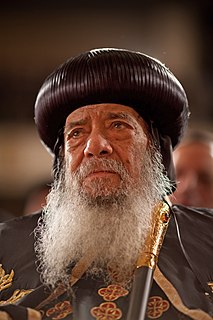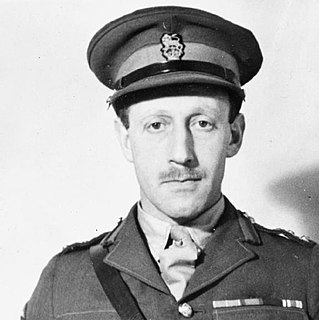A Quote by Marcel Proust
People do not die for us immediately, but remain bathed in a sort of aura of life which bears no relation to true immortality but through which they continue to occupy our thoughts in the same way as when they were alive. It is as though they were traveling abroad.
Related Quotes
Especially with a magazine like Lampoon, which was very dependent on newsstand sales. Our readers didn't usually occupy the same address long enough to get a subscription, because they were in college, or they were hippies. So it was very up-and-down, and we had to calculate how many to print, which was always sort of a headache from a business point of view.
In the Lord's discourse on spiritual nourishment, we hear Him says: "Do not labor for the food which perishes, but for the food which endures to everlasting life." (John 6:27). He then continued by talking about the true bread from Heaven the bread of God, and the bread of life. (John 6:32-35). Here He appeals to the soul for its nourishment and our thoughts to the spiritual way so as not to occupy our minds with the body and its needs.
Or if the hypothesis were offered us of a world in which Messrs. Fourier's and Bellamy's and Morris's Utopias should all be outdone, and millions kept permanently happy on the one simple condition that a certain lost soul on the far-off edge of things should lead a life of lonely torment, what except a specifical and independent sort of emotion can it be which would make us immediately feel, even though an impulse arose within us to clutch at the happiness so offered, how hideous a thing would be its enjoyment when deliberately accepted as the fruit of such a bargain?
We attach our feelings to the moment when we were hurt, endowing it with immortality. And we let it assault us every time it comes to mind. It travels with us, sleeps with us, hovers over us while we make love, and broods over us while we die. Our hate does not even have the decency to die when those we hate die-for it is a parasite sucking OUR blood, not theirs. There is only one remedy for it. [forgiveness]
Philosophy, though unable to tell us with certainty what is the true answer to the doubts which it raises, is able to suggest many possiblities which enlarge our thoughts and free them from the tyranny of custom. Thus, while diminishing our feeling of certainty as to what things are, it greatly increases our knowledge as to what the may be; it removes the somewhat arrogant dogmatism of those who have never travelled into the region of liberating doubt, and it keeps alive our sense of wonder by showing familar things in an unfamilar aspect
An entertainment is something which distracts us or diverts us from the routine of daily life. It makes us for the time being forget our cares and worries; it interrupts our conscious thoughts and habits, rests our nerves and minds, though it may incidentally exhaust our bodies. Art, on the other hand, though it may divert us from the normal routine of our existence, causes us in some way or other to become conscious of that existence.
We made our entrance into Paris. As for honors, we received all that we could possibly imagine; but they, though very well in their way, were not what touched me most. What was really affecting was the tenderness and earnestness of the poor people, who, in spite of the taxes with which they are overwhelmed, were transported with joy at seeing us.
Whereas I think: I’m lying here in a haystack... The tiny space I occupy is so infinitesimal in comparison with the rest of space, which I don’t occupy and which has no relation to me. And the period of time in which I’m fated to live is so insignificant beside the eternity in which I haven’t existed and won’t exist... And yet in this atom, this mathematical point, blood is circulating, a brain is working, desiring something... What chaos! What a farce!






































